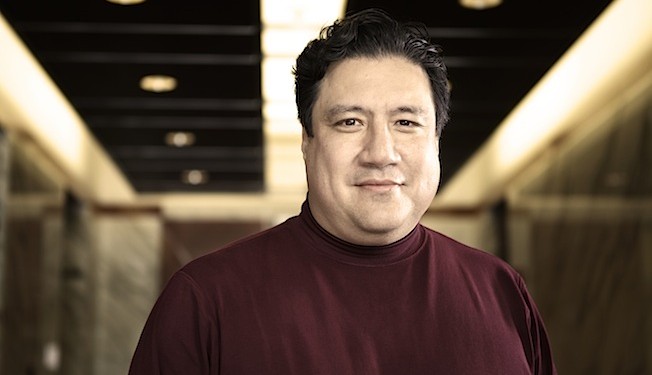CHS: US schools that have historically been less responsive to international students’ needs are now going to be much more aggressive. The UK and Australia, for a generation or more, have actively embraced the idea of being worldwide providers. While we have a much larger absolute market in the United States, on a percentage basis the US has many fewer international students. Undoubtedly we think that’s going to be an area where you’re going to see a substantial amount of momentum – how do we best serve students worldwide.
News and business analysis for Professionals in International Education
Have some pie!
Chris Hoehn-Saric, Sterling Partners, USA

The PIE: You’re a principal investor in pathway programme provider Shorelight. What other education institutes with an international presence are you involved with?
“US schools that have historically been less responsive to international students’ needs are now going to be much more aggressive”
CHS: Through Laureate we’ve had a partnership with the University of Liverpool to provide their online programmes. We also operate K-12 schools in places like Switzerland, Latin America and China via Meritas, a company that serves both local and international students. We have many discrete partnerships with traditional universities to assist them in their aspirations for international growth.
The PIE: Are you optimistic about the future of international school growth in particular?
CHS: It’s an area that speaks to internationalisation- with the rise of technology and access to the world, students really want to be citizens of the world. I think we are seeing this as students make their professional and academic choices.
One of the challenges in a lot of growing countries is that they can’t build universities overnight. You can build buildings as fast as you would like, but you can’t build a professoriate, the experience, or the programmes. What we find is whether you’re in Brazil or Turkey, or in India or Malaysia, where you have growing populations that now have the economic means and the aspirations to get a great education, students have to look outside of their home country to obtain it. That’s where there’s the opportunity to be able to connect those dots. This may take the form of bundling local institutions, serving students through online and hybrid programs or assisting student attend international options.
The PIE: Would you say that more employment-driven education is part of the change we’re going to see in the next 10 years?
CHS: Quite frankly, employment driven education has always been around but not labelled as such. There is a group that has always pursued education for the sake of education, which is great, and there will be many institutions that will continue to focus on that. But today, there’s a prominent need to make sure that in addition to providing foundational skills via the basic liberal arts framework, students can connect their education to some sort of career path. There has to be that outcomes-focused mentality to the program.
The PIE: Where does the money come from that you invest with?
CHS: Our investor base consists namely of diversified asset managers, public and private pension funds, foundations, endowments, sovereign wealth funds, and family offices.
The PIE: How do you measure success?
“You can build buildings as fast as you would like, but you can’t build a professoriate, the experience, or the programmes”
CHS: In general we’re not really measured by dividend figures. Firstly, we pride ourselves on investing in businesses that are mission-driven and focused on positive outcomes for patients, students, and customers – which is our priority and how we continue to measure our success. Secondly, we build businesses for the long haul- we’ve been involved with Laureate since 1997. Our ultimate success is derived from creating businesses that are sustainable and successful financially at some future date downstream. Our investors commit to a partnership with us for anywhere between 2-10 years. Their commitment is a long commitment as is ours to try and grow inspiring and successful companies
The PIE: At any one time how many investment projects do you have running?
CHS: We are currently invested in 32 companies across seven institutional funds. In addition to education, we also invest in the healthcare services and business services sectors – all respectively split into thirds of our total business.
The PIE: What’s next for Sterling?
CHS: To some degree more of the same. As mentioned, we have been around for 30 years and have consistently tried to be innovators our respective sectors, identify the next group of trends, ask the questions no one else is asking, and navigate the ever-changing regulatory landscape. We at Sterling are guided by our mission of “inspired growth”, which ties to growing sustainable businesses, staying focused on outcomes for students and customers, and being good partners to companies and investors with which we work.
Still looking? Find by category:


